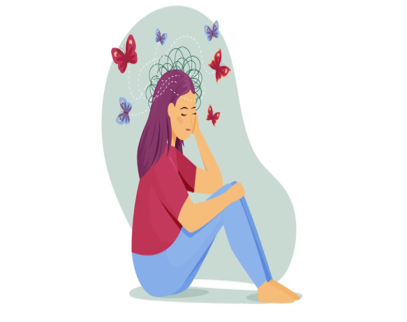Remember: Nurturing our intellectual health is essential for personal growth, cognitive abilities, and overall well-being. By prioritizing intellectual health and implementing measures to engage in lifelong learning, pursue intellectual challenges, and explore new ideas, we can unleash the power of knowledge and stimulate our growth. Embrace the journey of intellectual health and unlock a world of discovery, personal fulfillment, and cognitive vitality.

Why is Intellectual Health Important?
Intellectual health holds profound importance for several reasons:
- Cognitive abilities: Nurturing intellectual health helps improve cognitive functions such as memory, problem-solving, critical thinking, and decision-making. It sharpens our mental acuity and enables us to approach challenges with clarity and creativity.
- Lifelong learning: Intellectual health encourages a lifelong love of learning, fostering intellectual curiosity and a thirst for knowledge. It allows us to explore new subjects, gain insights, and broaden our perspectives, contributing to personal and professional growth.
- Adaptability and resilience: Developing intellectual health equips us with the skills necessary to adapt to changing circumstances, think critically, and find innovative solutions. It enhances our resilience and ability to navigate complex situations with agility.
- Personal fulfillment: Engaging in intellectual pursuits that align with our interests and passions brings a sense of accomplishment and personal fulfillment. It adds depth and meaning to our lives and fuels our sense of purpose.
